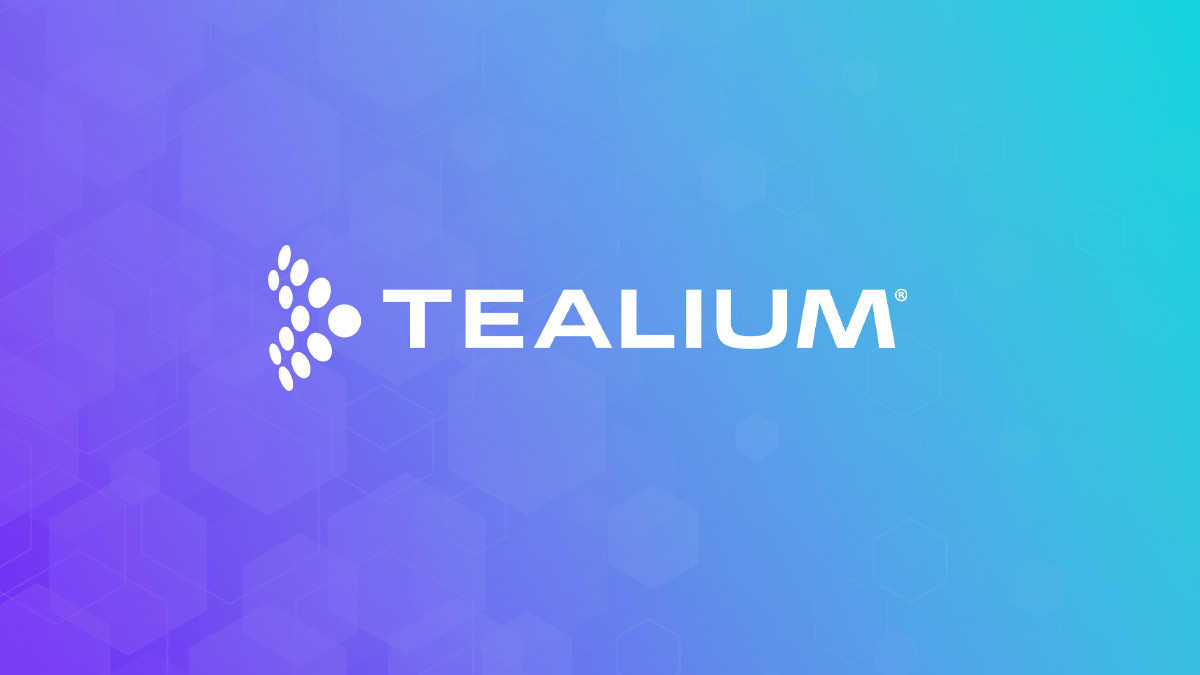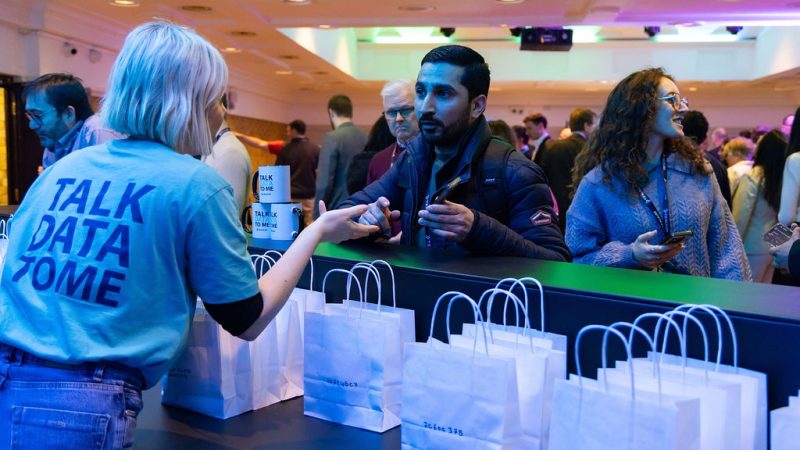The closure of borders in 2020 as the Covid-19 pandemic took hold was swift, with European Union leaders voting on a 30-day closure in mid-May. The benefit of hindsight shows how just 30 days was a little on the optimistic side.
This brought a devastating impact to the travel, hospitality, and leisure industries as a previously taken-for-granted ability to go abroad on holiday was simply no longer an option. Holidays had to be cancelled, and even with some restrictions lifting in the summer, these soon reverted to the May norm. Domestic and foreign vacations became impossible.
Now, as Europe finally starts to come out from a year of lockdown (to a greater or lesser degree depending on local measures), consumers are looking to take advantage of the ability to escape on holiday once again. While this may immediately seem an opportunity to unleash the marketing hounds, the travel and hospitality industries are faced with a significant challenge. This lies in understanding where each customer sits on a wide spectrum of comfort and confidence in getting back into the swing of things (or otherwise). This applies both positively and negatively. Given there are emotive elements to what lies ahead, getting the tone and the offer just right is crucial. Let’s take two customers who both previously might have holidayed abroad twice a year in high-quality resorts, for a fortnight each time, and let’s call them John and James.
At first glance, these individuals are the same, but their mindsets may now be polar opposites; John might be hellbent on going back and has rebooked immediately. The opportunity here is upselling and cross-selling and converting returning ‘custom’ into longer-term loyalty.
However, James might not have rebooked and there could be myriad reasons why. He might simply be lacking confidence in travel and is going to stay domestic this year. But he might not have the money he used to, with the pandemic hitting wallets hard due to being furloughed, being made redundant, or taking a pay cut. Taking the upsell or cross-sell approach to James will alienate him; if the reason for his change of plans is due to the depth of his pockets, he doesn’t want reminding of what he can’t afford now. So, looking at James’ browsing behaviour to identify who he is now, rather than who he was previously – is his budget the same and it’s the destination that’s changed in terms of domestic, rather than foreign? Or has his budget changed wholesale?
As such, James needs either luxury-domestic or comforting options which show value for money and offers which make the holiday more special, (but within his means). Handled appropriately, James will become an equally key advocate as John. This complexity of consumer appetite mixed with their emotional sensitivities to holidaying brings a heightened competitive edge to the hospitality sectors.
Operators need to drive not just new or returning custom but start to build the long-term loyalties that keep customers coming back – on their own terms – once they do venture back out. This relies on understanding who the customer is ‘today’ and engaging with them accordingly.
Data needs to be parsed smartly, using machine learning tools to identify 2021 personas, if it is to be truly insightful and able to inform smart marketing strategies. Understanding the person behind the data has always been critical, but marketers now need to consider how to build in the ability to identify mindset alongside behaviour – without being intrusive. In doing so, operators can be seen as allies; people who help customers take an essential break but don’t pressure them into it. Right now arms around the shoulder are more effective than them shoving the customers in a preferred direction.







